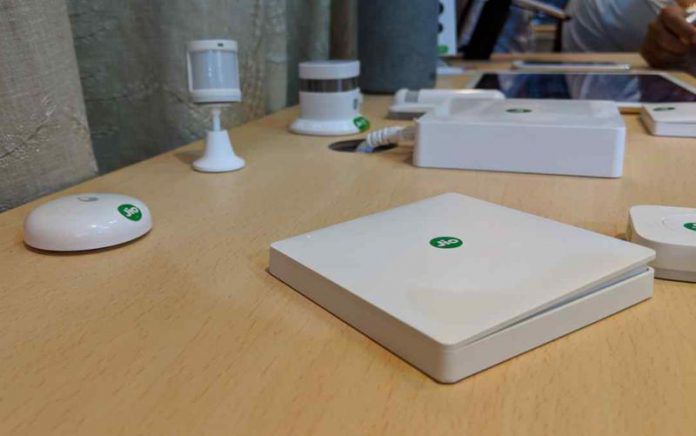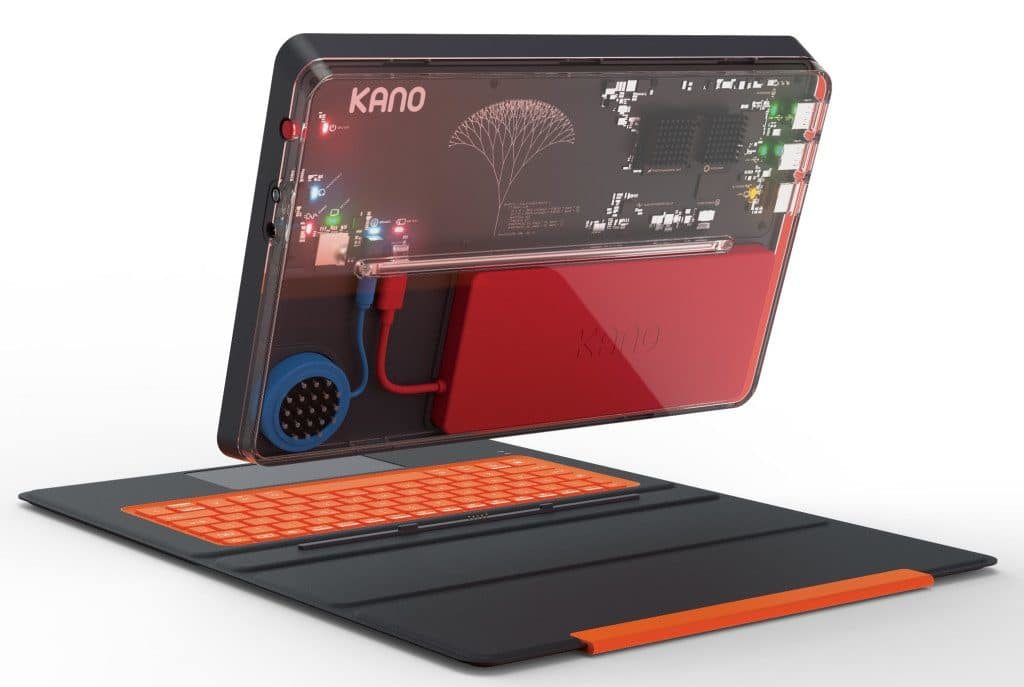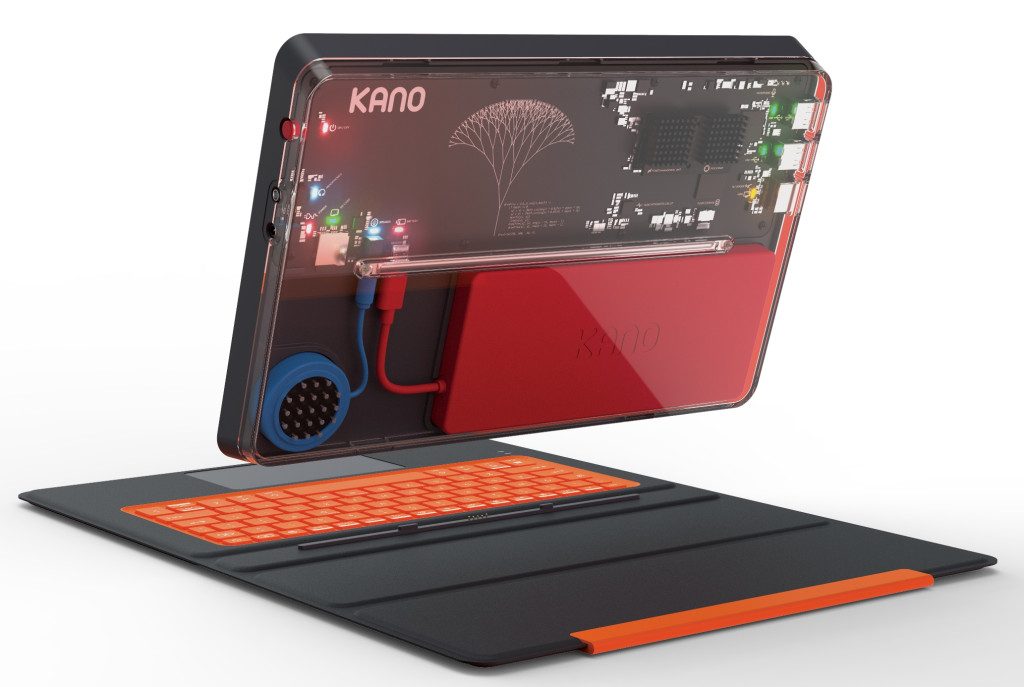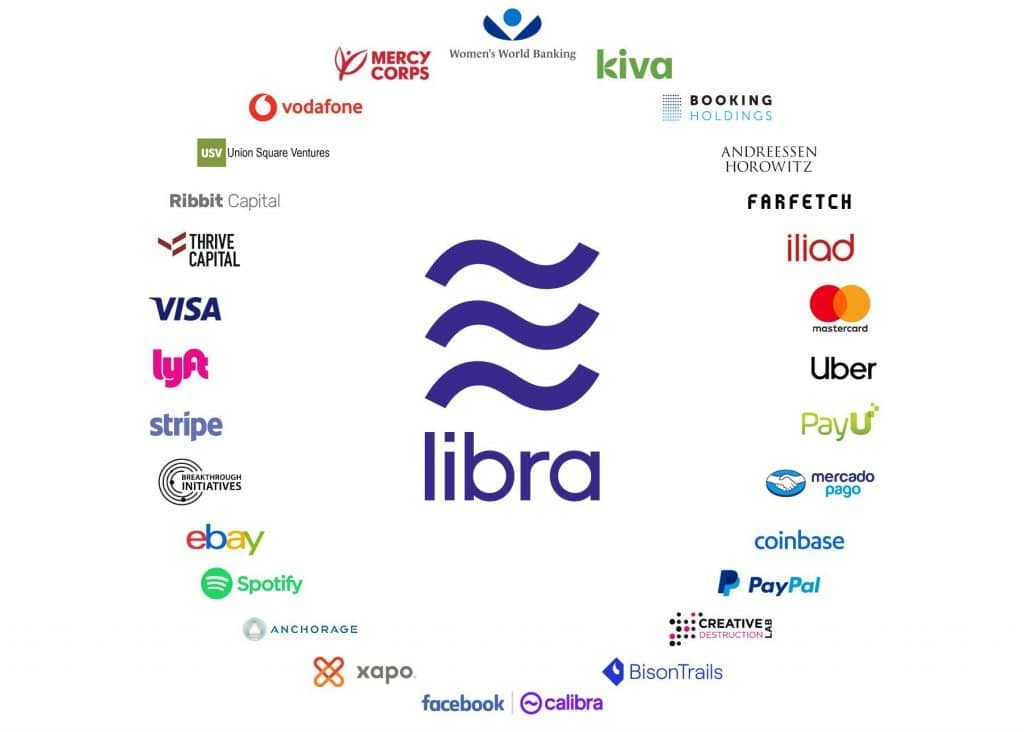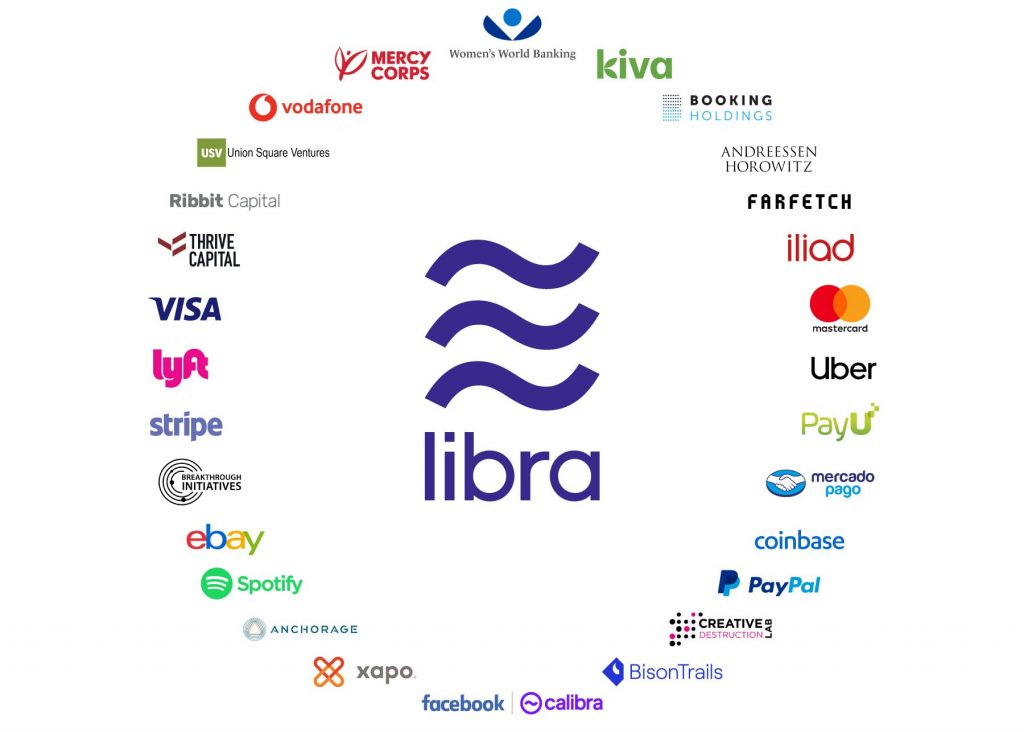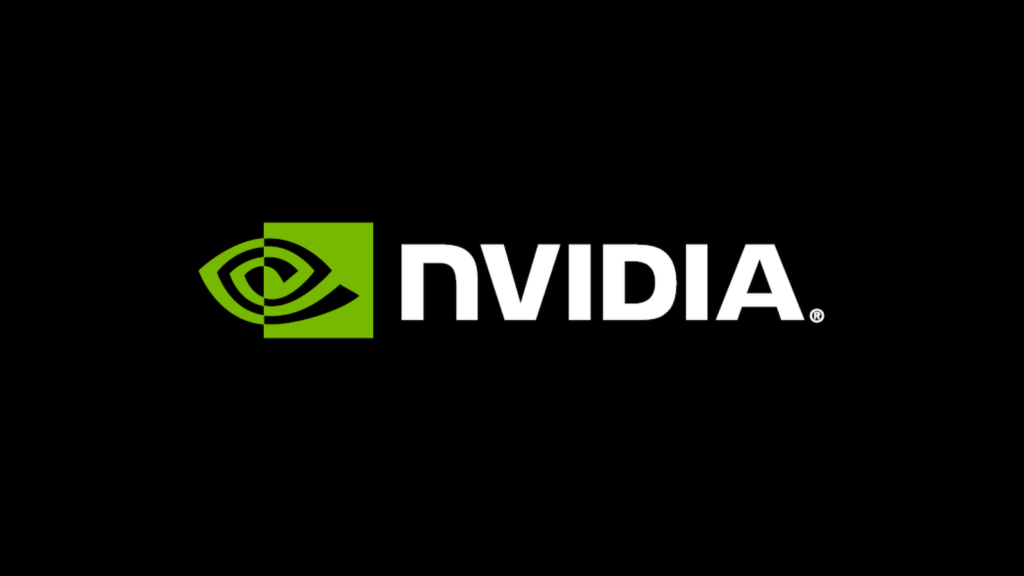Razer Collabs with Visa to Move Forward with its Fintech Arm

Razer the fintech gaming company has joined its hands with the world’s leader in digital payments, Visa, to initiate an unusual type of partnership. The two companies will be working together to develop a new virtual prepaid solution for many of Southeast Asia’s, especially the unbanked and underserved, consumers.
The company announced that its fintech arm, Razer Fintech, will be joining the fast-track program from Visa, as a revolutionary idea, aiming to transform the way the gamers make payments. The fast-track program from Visa has been specially designed for fintech companies to help them easily access 54 million merchant locations around the world that accept Visa.
The partnership between the two companies will lead to developing a new virtual payment service, that will empower the Razer Pay e-wallet and give its users access to the global Visa payment network. With this new service, the unbanked users will be able to top up the wallet, make online payment through it, and also, will be able to withdraw cash through it. The scope of Visa is already huge, and with the collab, the two companies will be targeting to the 60 million Razer users. Noticeably, the company has not talked about rolling out a physical payment card along with the service.
“We are pleased to partner with such a forward-looking and innovative company that understands the value and importance of expanding access to digital payments. This announcement reaffirms Visa’s commitment to the fast-growing and digitally savvy Southeast Asia region. Together, Visa and Razer Fintech have the opportunity to transform the payments experience for not only the gaming community but many of Southeast Asia’s unbanked and underserved consumers as well”, Chris Clark, Regional President, Asia Pacific, Visa, stated during the announcement.
The two companies have said that they will be rolling out a mini app for the new payment service and will also include great offers for its users. The app will be integrated into Razer’s virtual wallet app.

Yashica is a Software Engineer turned Content Writer, who loves to write on social causes and expertise in writing technical stuff. She loves to watch movies and explore new places. She believes that you need to live once before you die. So experimenting with her life and career choices, she is trying to live her life to the fullest.

